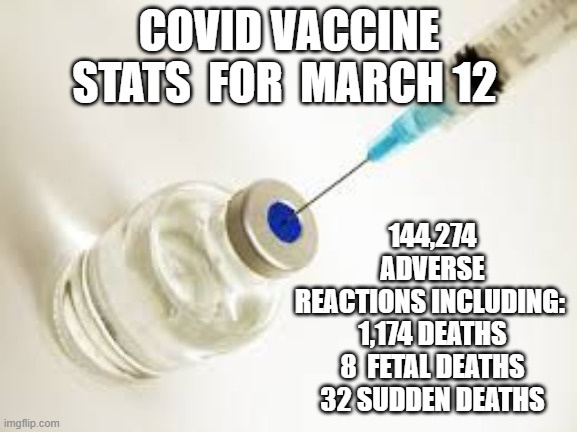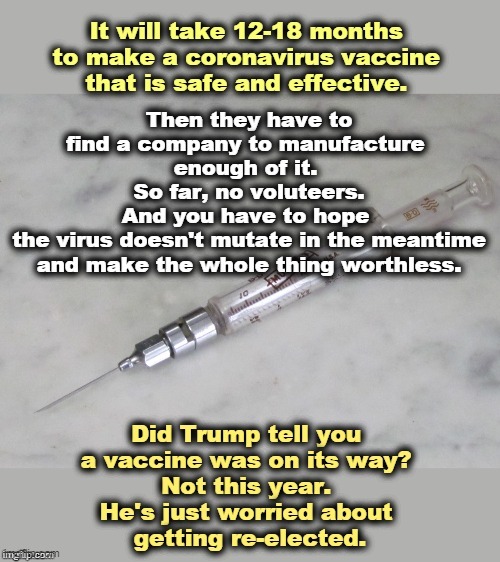


The term can refer to any widely shared and replicated piece of online content in a variety of styles and formats. Internet memes are a defining feature of online communication. Censorship may actually stimulate curiosity, while people who distrust mainstream media are not likely to trust fact checkers.Īnd much online content - like viral memes - is not primarily meant to inform, and is therefore hard to evaluate in terms of whether it’s information, misinformation, or simply a joke. To combat the spread of anti-vaccination rumours, platforms are currently using a dual strategy of censorship and fact checking. Globally, willingness to be vaccinated varies widely. In the UK, more than a quarter of the population signals reluctance or suspicion about receiving the COVID-19 vaccine. When they go viral, such conspiracy theories present a major obstacle to the success of any immunisation campaign, as they may contribute to vaccine hesitancy.

Unfounded claims proliferate online, linking vaccines to disease development, or presenting COVID-19 as a hoax. Anti-vaccination sentiment is not a new phenomenon, but is increasingly fuelled by online misinformation. That’s especially true of memes that call into question the efficacy and safety of vaccines - often termed “anti-vax” content. But in the shadier corners of the internet, like on the forum 4chan, memes can quickly mutate from jokes into more ambiguous, shocking and potentially harmful viral content. For most of us, memes are the harmless fodder of an “ extremely online” internet culture, floating benignly between different social media platforms - and, on the whole, making us laugh.


 0 kommentar(er)
0 kommentar(er)
